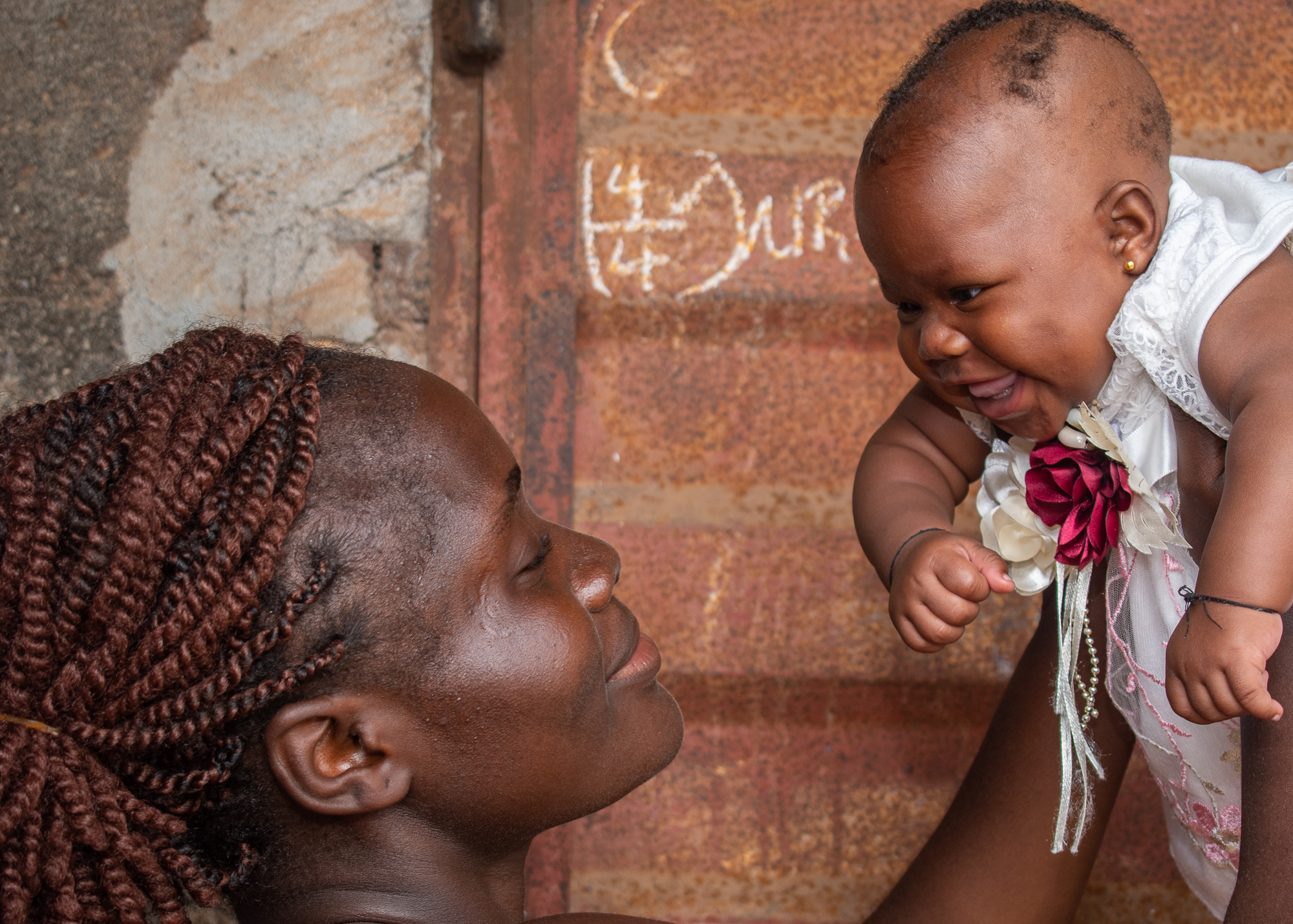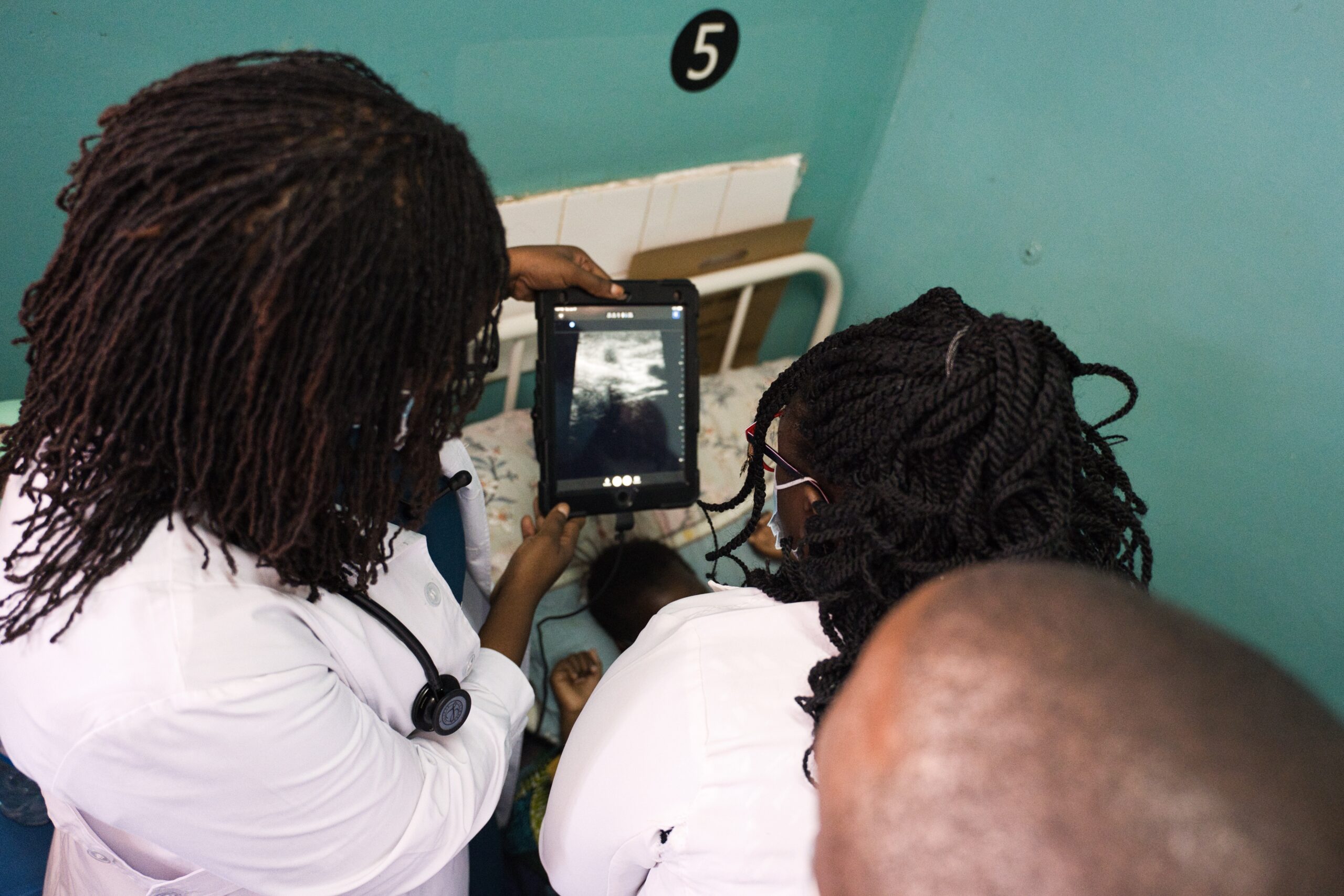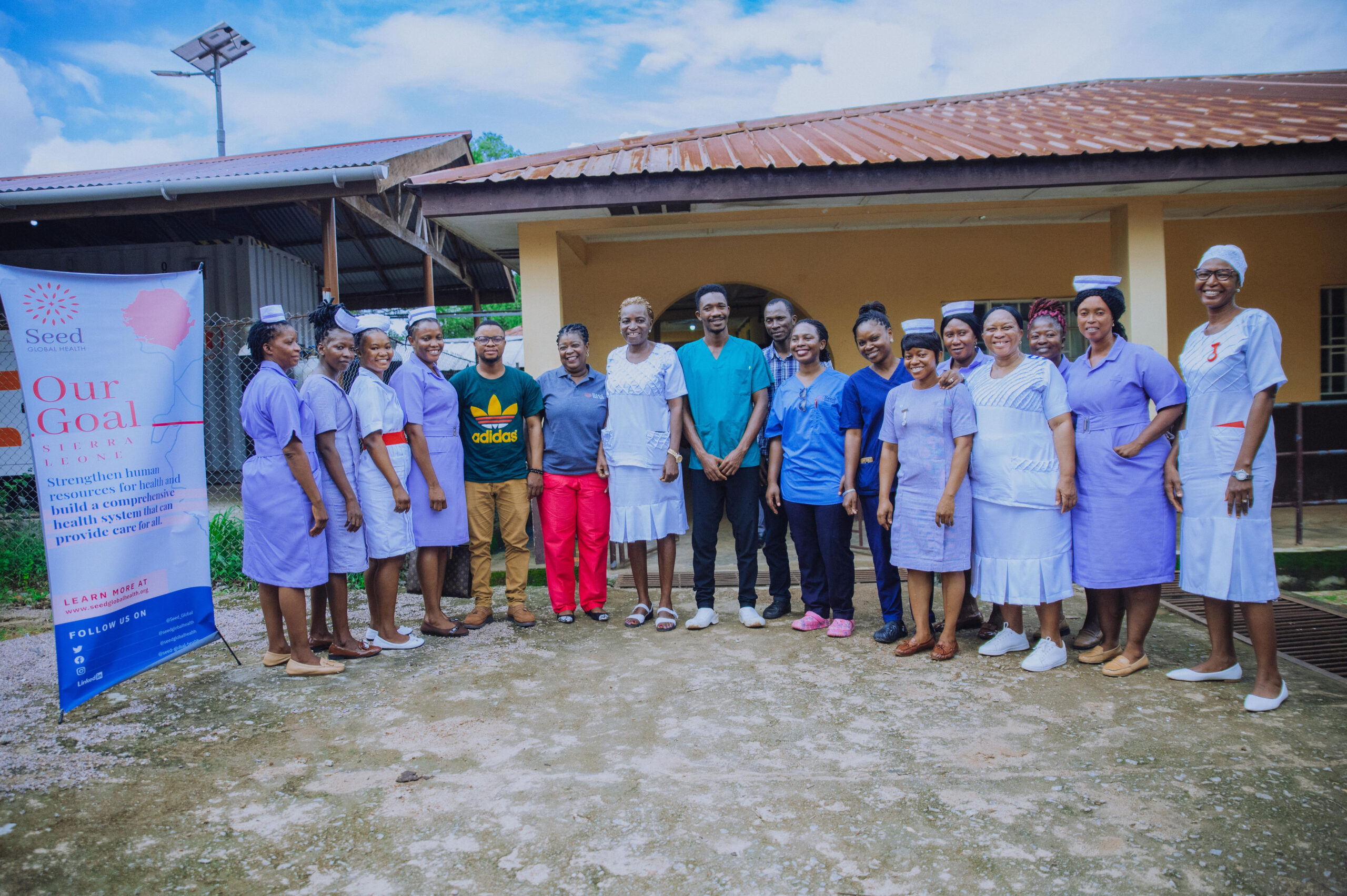
New Midwifery Diploma Aims to Cut Maternal Deaths in Sierra Leone
Sierra Leone has taken a decisive step to further reduce maternal mortality by formalizing midwifery preceptorship as a diploma-level qualification. The move signals a national commitment to strengthening the country’s maternal health workforce and accelerating progress toward its goal of training 3,000 midwives by 2030.
The School of Midwifery in Bo, one of three partner schools of Seed Global Health in Sierra Leone, has been assessed by Sierra Leone Nursing and Midwifery Council and authorised to implement the preceptorship diploma program. Makeni and Kenema Schools of Midwifery are next in line to be assessed for approval to offer the diploma. The mandate builds on a successful pilot conducted by Seed in partnership with the schools of midwifery in Bo and Makeni in 2023 and 2024 and is now expanding to the Kenema School of Midwifery.
Why preceptors matter
In clinical education, preceptors—experienced midwives trained to mentor and supervise midwifery students—are the vital link between classroom instruction and hands-on patient care. They ensure that midwifery students not only master technical skills but also develop the confidence, judgment, and compassion needed to save lives. Without skilled preceptors, students risk graduating without sufficient practical preparation required to manage emergencies, deliver safe care, and prevent maternal and newborn deaths.
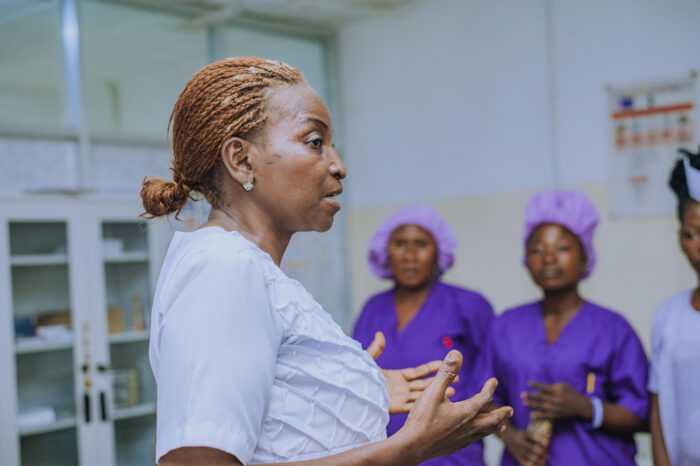
“Competent midwives play a leading role in the reduction of maternal and newborn deaths in the country,” said Dr. Patricia Mattu Bah, chief nursing and midwifery officer at the Ministry of Health. “As preceptors, their roles in midwifery education, especially with their students and even midwives in their workstations, can improve competence in service delivery.”
Building momentum for maternal health
The timing of this milestone is critical. On World Health Day 2025, Minister of Health Dr. Austin Demby announced that Sierra Leone’s maternal mortality ratio had dropped from 443 to 354 deaths per 100,000 live births between 2020 and 2023. While the decline is promising, the government has set an ambitious target of fewer than 300 by 2025. Expanding and professionalizing midwifery preceptorship is seen as a cornerstone of sustaining these gains and meeting the national targets.
Antonia Tewoh Smith-Sam, one of the pioneer midwives in the preceptorship program and a nursing officer at Bo Government Hospital, described the training as both competitive and transformative. “The program encouraged continuous learning to build the knowledge and skills needed to effectively teach and support students during their clinical placements,” she said. “We learned how to structure mentorship and coaching so that students achieve optimal learning outcomes and become excellent midwives.”
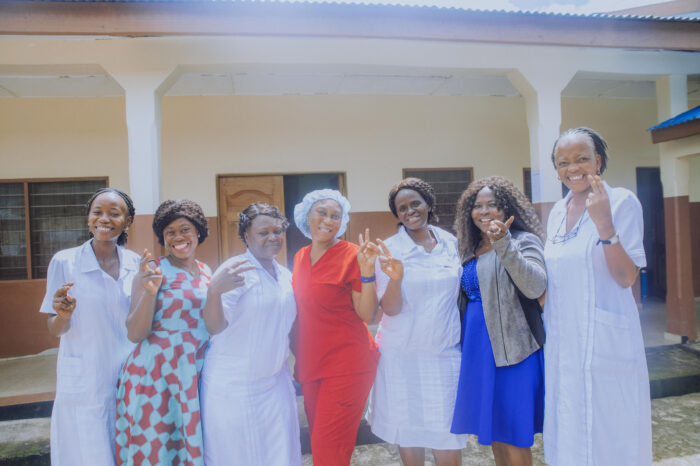
To date, 20 preceptors have been trained and another 40 are currently in training across Seed’s three partner schools.
Recognition and motivation
For midwives themselves, the formal accreditation carries weight. “This will motivate midwives to participate in preceptorship training,” said Fredrica Coker, a midwife in the first cohort of preceptors. “Formal accreditation also awards preceptors’ extra recognition from the government.”
Julie Mann, Seed Global Health’s associate director of midwifery, emphasized that the diploma elevates the quality of care across the board. “Beyond mentoring students during clinical placements, well-trained preceptors are essential to delivering competent and compassionate care to mothers, ensuring they have a positive birthing experience,” she said.
A sustainable shift
For Seed’s country director in Sierra Leone, Mustapha Sonnie, the accreditation represents sustainability in action. “An accredited midwifery program is a sustainable strategy that will enable Seed to leave a lasting legacy in Sierra Leone,” he said. “It ensures that interested midwives continue to be trained as preceptors even after Seed’s formal partnership ends.”
Still, challenges remain. Sonnie noted that timely government recognition and promotion for trained preceptors would motivate participants. To address this, Seed is working with the Nurses and Midwifery Council and the Directorate of Nursing and Midwifery Services to secure official recognition and a higher cadre for these specialized midwives.
Part of a broader vision
The preceptorship program in Sierra Leone is part of Seed Global Health’s wider collaboration with governments in Malawi and Zambia to build resilient health systems through education, policy, and mentorship. By embedding training in national institutions and securing government accreditation, the model strengthens national ownership and ensures long-term impact.
“Every life saved begins with a skilled health worker,” said Mann. “By investing in preceptors, Sierra Leone is investing in the backbone of maternal and newborn survival.”
